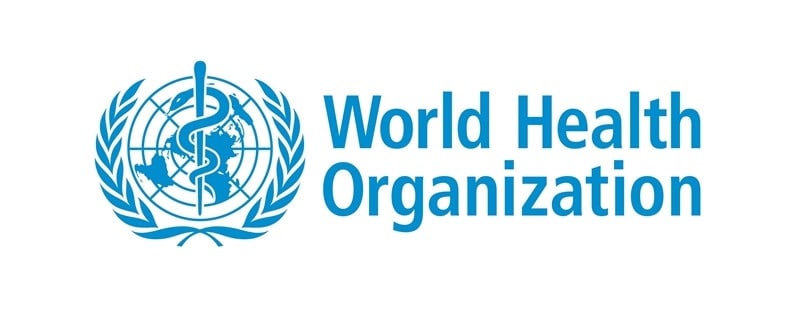The World Health Organization (WHO) has made significant announcements regarding its efforts to address two pressing health challenges: cholera and COVID-19. WHO Director-General, Dr. Tedros Ghebreyesus, outlined the organization’s commitment to combating cholera and stressed the importance of ongoing vigilance in the fight against COVID-19.
Tackling Cholera with Financial Support
Dr. Ghebreyesus began by addressing the urgent issue of cholera, a waterborne disease that poses a significant threat to public health. He revealed that WHO had allocated $16 million from the WHO Contingency Fund for Emergencies to combat cholera. This funding will be used to provide essential supplies, coordinate response efforts with partners, support countries in detecting, preventing, and treating cholera, and educate people on how to protect themselves.
Despite these efforts, Dr. Ghebreyesus emphasized that the ultimate solution to cholera lies in ensuring universal access to safe water and sanitation—a fundamental human right recognized worldwide.
Nigeria Records 19,228 Cases Of Cholera And 466 Fatalities
Cholera Trends and Challenges
The WHO Director-General shared concerning data regarding cholera. He noted that reported cases in 2022 more than doubled compared to 2021. Preliminary data for 2023 suggests that the situation may worsen further. Additionally, there are shortages of oral cholera vaccine and other essential supplies, and health workers are stretched thin due to multiple disease outbreaks and other health emergencies.
Ongoing COVID-19 Concerns
Dr. Ghebreyesus also addressed the ongoing challenges posed by COVID-19, particularly as the northern hemisphere heads into winter. He expressed concern about increasing hospitalizations and ICU admissions in several regions, including the Americas and Europe. The WHO leader emphasized that vaccination rates among high-risk groups remain worryingly low.
While acknowledging that COVID-19 may no longer be the acute crisis it was two years ago, Dr. Ghebreyesus stressed that it should not be ignored. Many countries have invested heavily in building systems to respond to the pandemic, and these systems must be sustained to protect people from COVID-19 and other infectious threats.
Nigeria Records 2,187 Cases Of Cholera And 233 Fatalities
A Call for Sustained Efforts
In conclusion, Dr. Ghebreyesus called on countries to maintain their systems for collaborative surveillance, community protection, safe and scalable care, and access to countermeasures. The message is clear: while progress has been made in addressing cholera and COVID-19, continued vigilance and investment in public health infrastructure are essential to safeguarding the health and well-being of communities around the world.
Follow us on Facebook
Post Disclaimer
The opinions, beliefs and viewpoints expressed by the author and forum participants on this website do not necessarily reflect the opinions, beliefs and viewpoints of Anaedo Online or official policies of the Anaedo Online.

